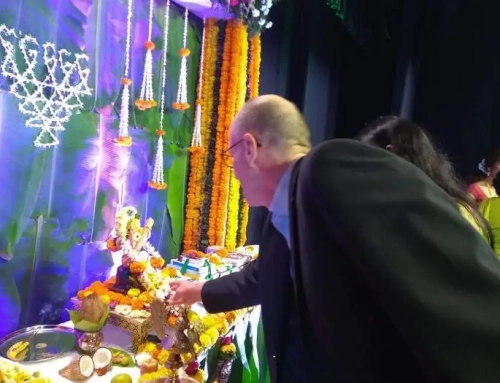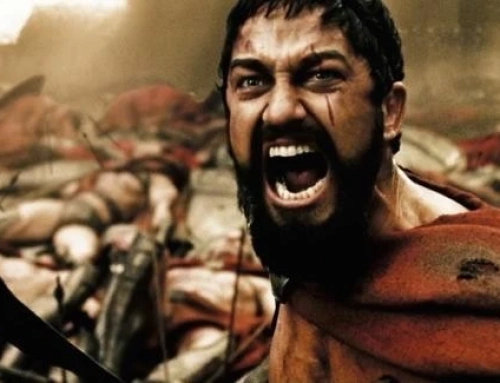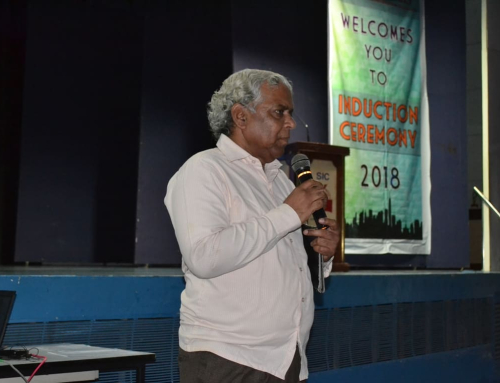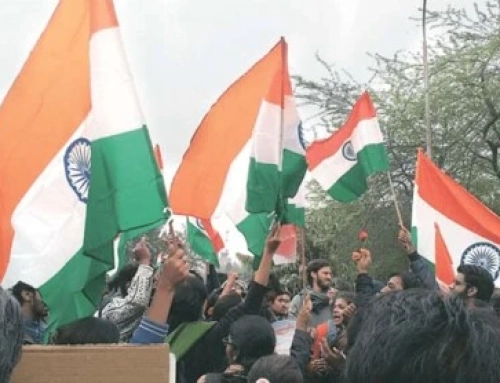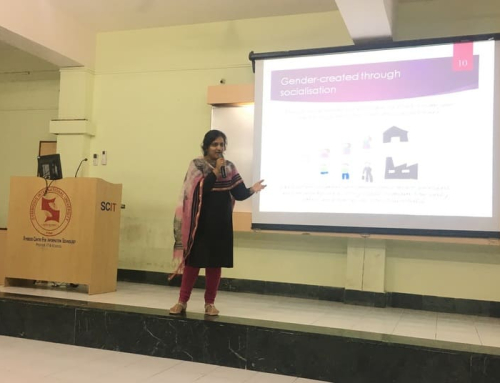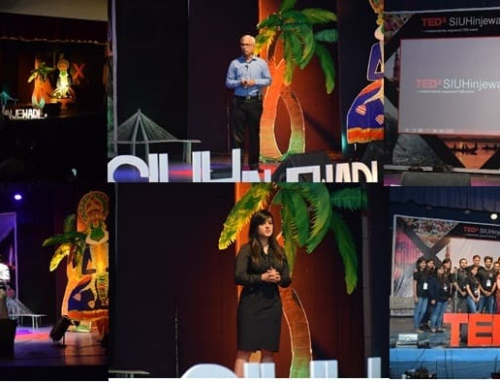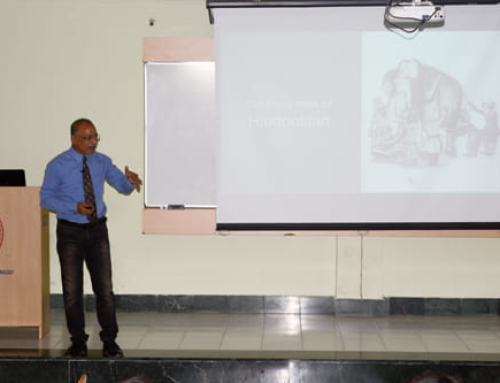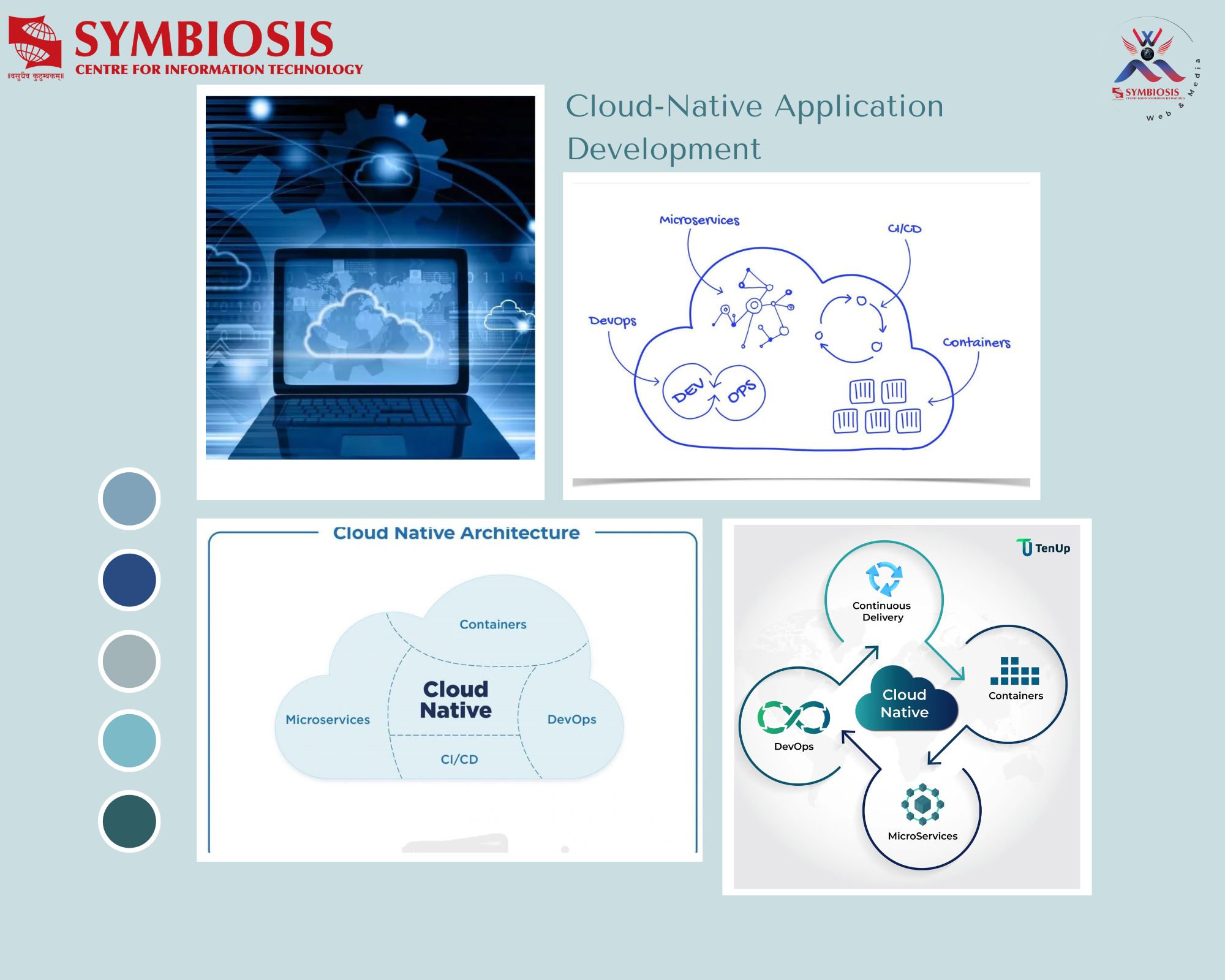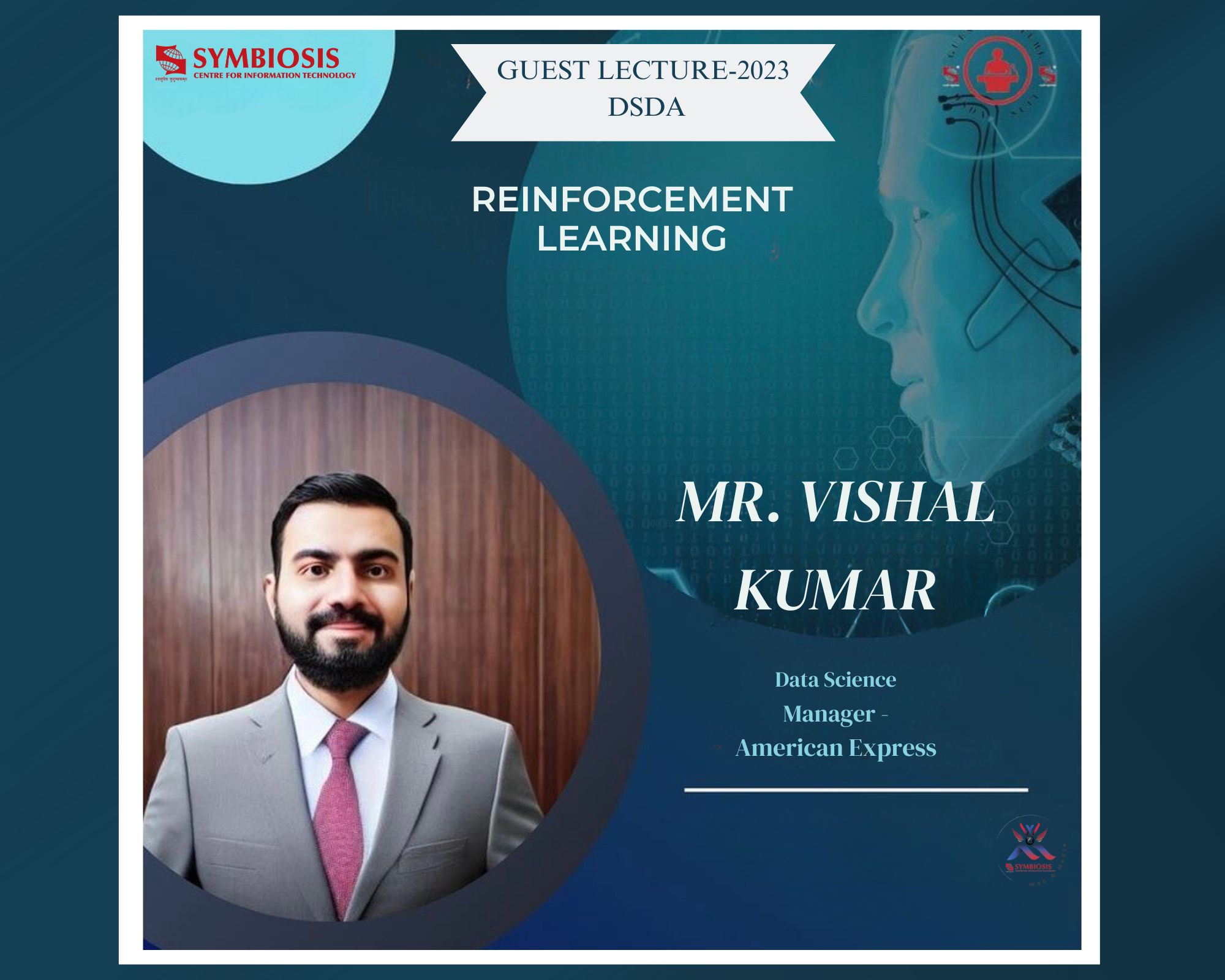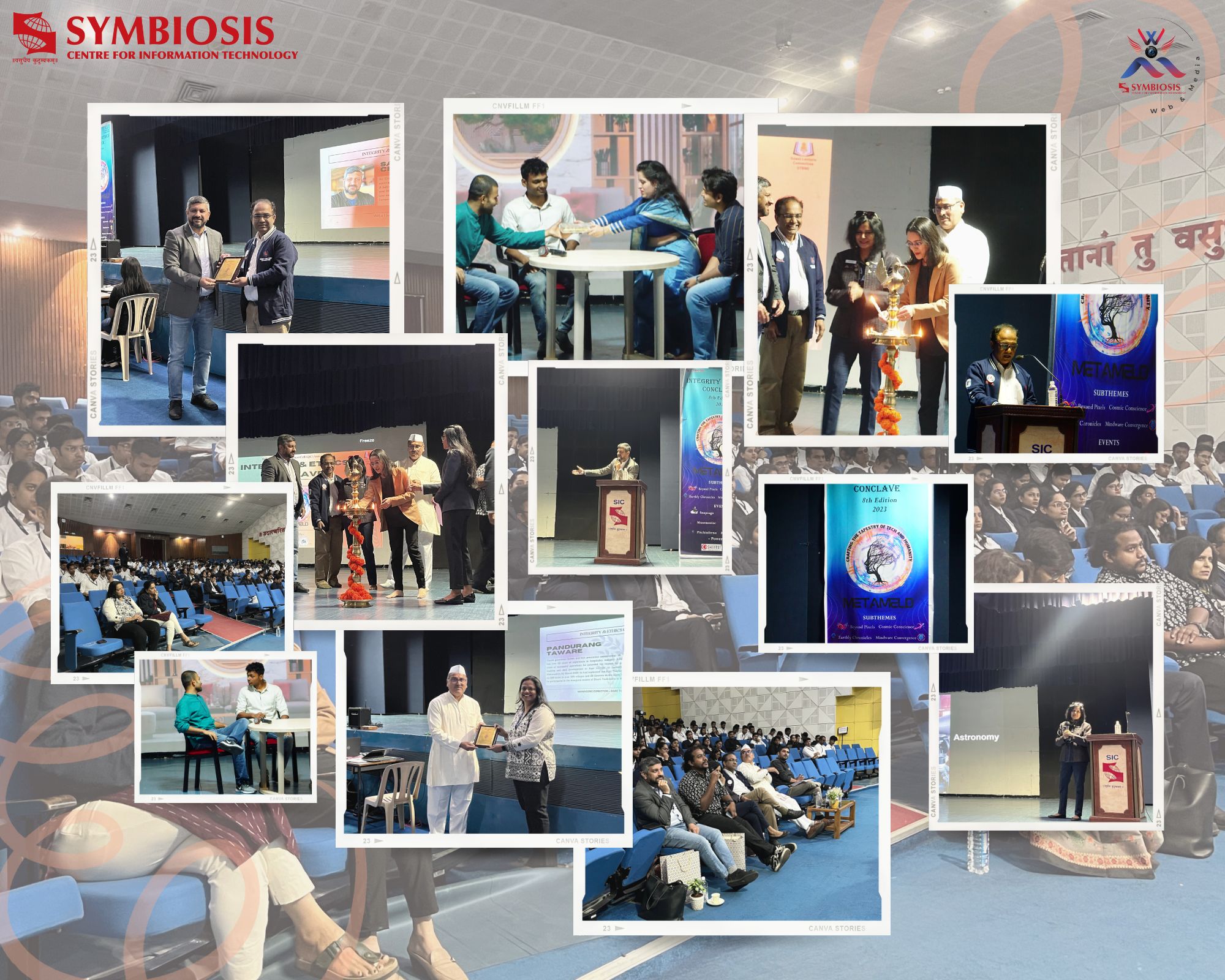Right Learning – A Matter of Opinion?

Thanks to final semester students Ankita Mehdiratta and Tarique Ansari. They helped to co-create this blog.
Students of final semester MBA ITBM, batch of 2012-14, engaged in a variety of learning experiences, to understand globalization issues. Some of the students engaged themselves in observing different sections of society to learn about their difficulties. One of the groups worked with a local street vendor, a chai shop owned and operated by a family. They observed some aspects of their personal and work lives. In their busy world of laboring, it is nearly impossible to sustain their efforts to uproot themselves from poverty. Added to this, many challenges exist – such as lack of awareness about their own rights, unavailability of help from any local small shop owners association for protecting their small business. A common battle faced by them is theft by normal customers. These well-educated customers, when they come in a large groups, grab snacks and walk away without paying, knowing the shopkeeper is short-staffed and they will be unnoticed in the crowd. The shopkeeper realizes this when the count of cash falls short. They resorted to appointing part-time help by another customer, a local security guard, to keep watch.
Another group engaged in observing and understanding the different types of outputs from different primary schools in the city area. Their observations lead to a documentary preparation followed by a lively class debate, and then some in-depth explorations into the concepts of suitable education. A few enthusiastic students claimed that good school education should be a central pillar in policy making, no matter who the ruling power may be. They also wondered, what would happen to the future of primary school education. If the pinnacle of learning is philosophizing, then a student rightly quoted Plato “philosophers must become kings, or those now called kings must genuinely and adequately philosophize”.
Raghuram Rajan, governor of the Reserve Bank of India (RBI), recently philosophized and called for the youth to become change-makers and launched in to a debate of whether there was a need for more regulation or a need for better regulation. In this intellectual exercise topics ranged from discussing the balance of interesting careers vs. lucrative careers to the need for balancing ecology and economic development. We were happy to notice similar reflective debates in our classrooms. Also, during the recently concluded graffiti festival, street plays portrayed the fervor of youth in voicing their opinions. Clearly, such student groups show more than just sensitization towards various global and national issues. Moreover, when some students collected data and performed research oriented studies on global issues, it provided them with the ideal platform for mature learning.
Overall, the final semester student retains a special place in learning, because this is the opportunity to consolidate their learning experiences and step far above previous experiences. This semester is also wrought with anxieties regarding placement offers and waning interests in bookish learning. Instead, such live methods and field experiences can develop the sense of continued learning, and balance one’s placement challenges with interesting academic challenges. One can leave campus with the satisfaction of having rounded off their learning and having learned right. Then again, this could be a matter of opinion.
Prof. Saravan Krishnamurthy
Faculty Member @ SCIT
References:
Plato (1991), The Republic Of Plato , Unabridged by Plato (Author) , Allan Bloom (Translator), Basic Books, 1991
http://en.wikipedia.org/wiki/Philosopher_king.
http://www.dnaindia.com/money/report-youth-should-think-beyond-advertising-banking-india-needs-good-economists-raghuram-rajan-1958793

